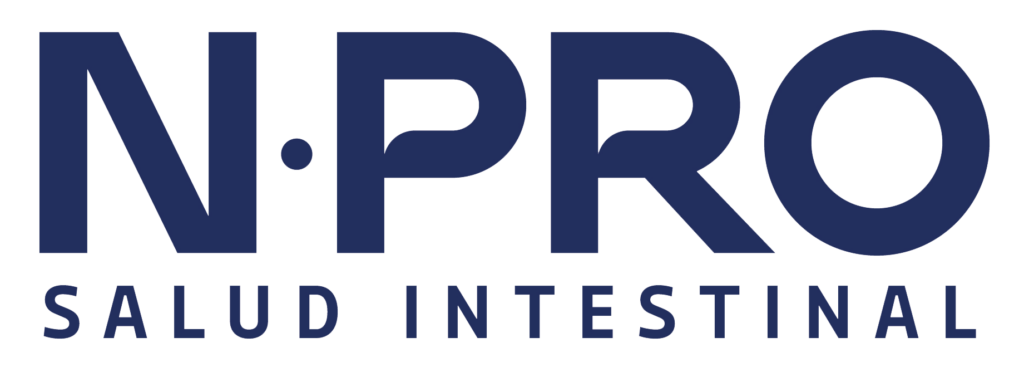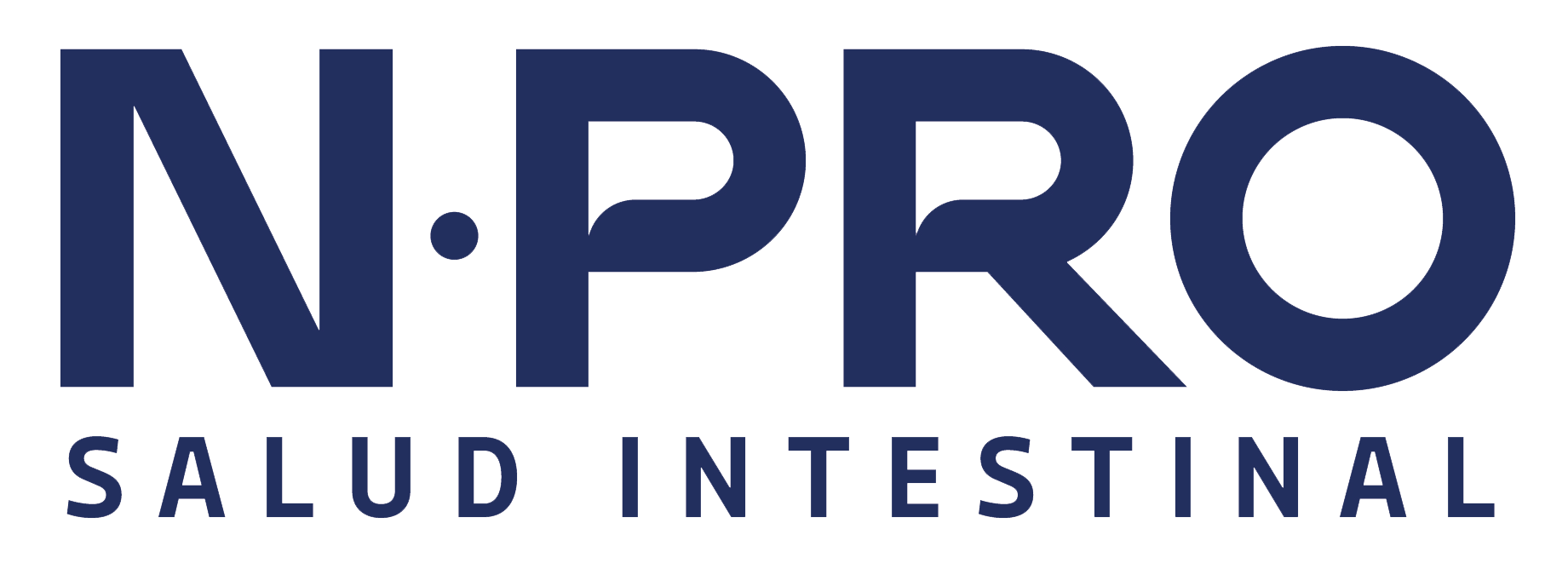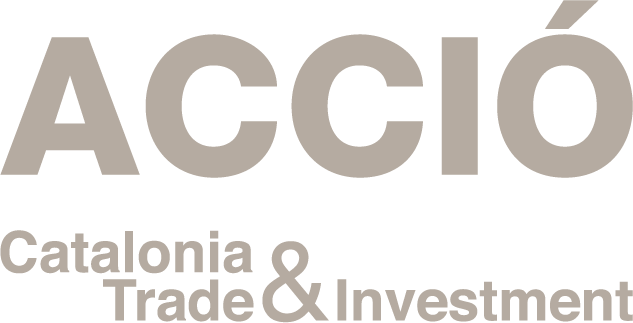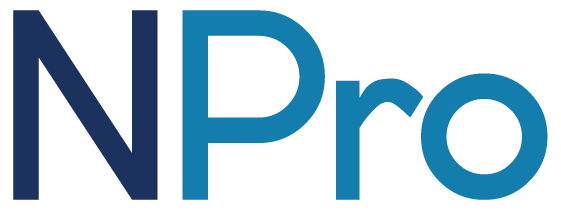Intervenciones nutricionales en el paciente con enfermedad inflamatoria intestinal
Abstract Nutritional strategies have been explored as primary or adjunct therapies for inflammatory bowel disease (IBD). Exclusive enteral nutrition is effective for the induction of remission in Crohn disease and is recommended as a first-line therapy for children. Dietary strategies focus on adjusting the ratio of consumed nutrients that are proinflammatory or antiinflammatory. Treatments with dietary supplements focus on the antiinflammatory effects of the individual supplements (eg, curcumin, omega-3 fatty acids, vitamin D) or their positive effects on the intestinal microbiome (eg, prebiotics, probiotics). This article discusses the role of diets and dietary supplements in the treatment of IBD. Copyright © 2017 Elsevier Inc. All rights reserved. https://pubmed.ncbi.nlm.nih.gov/29413010/ Notas NPro



